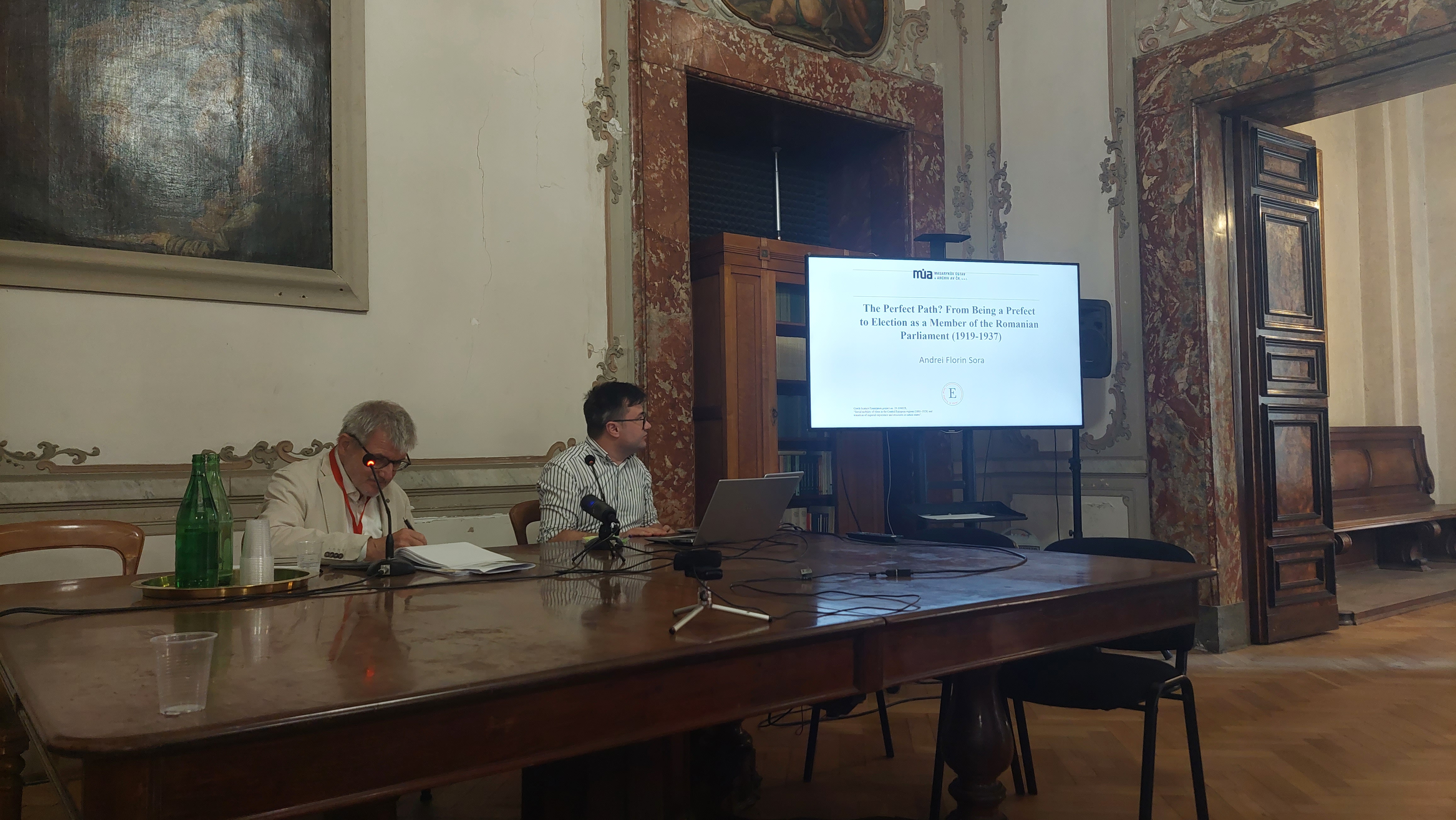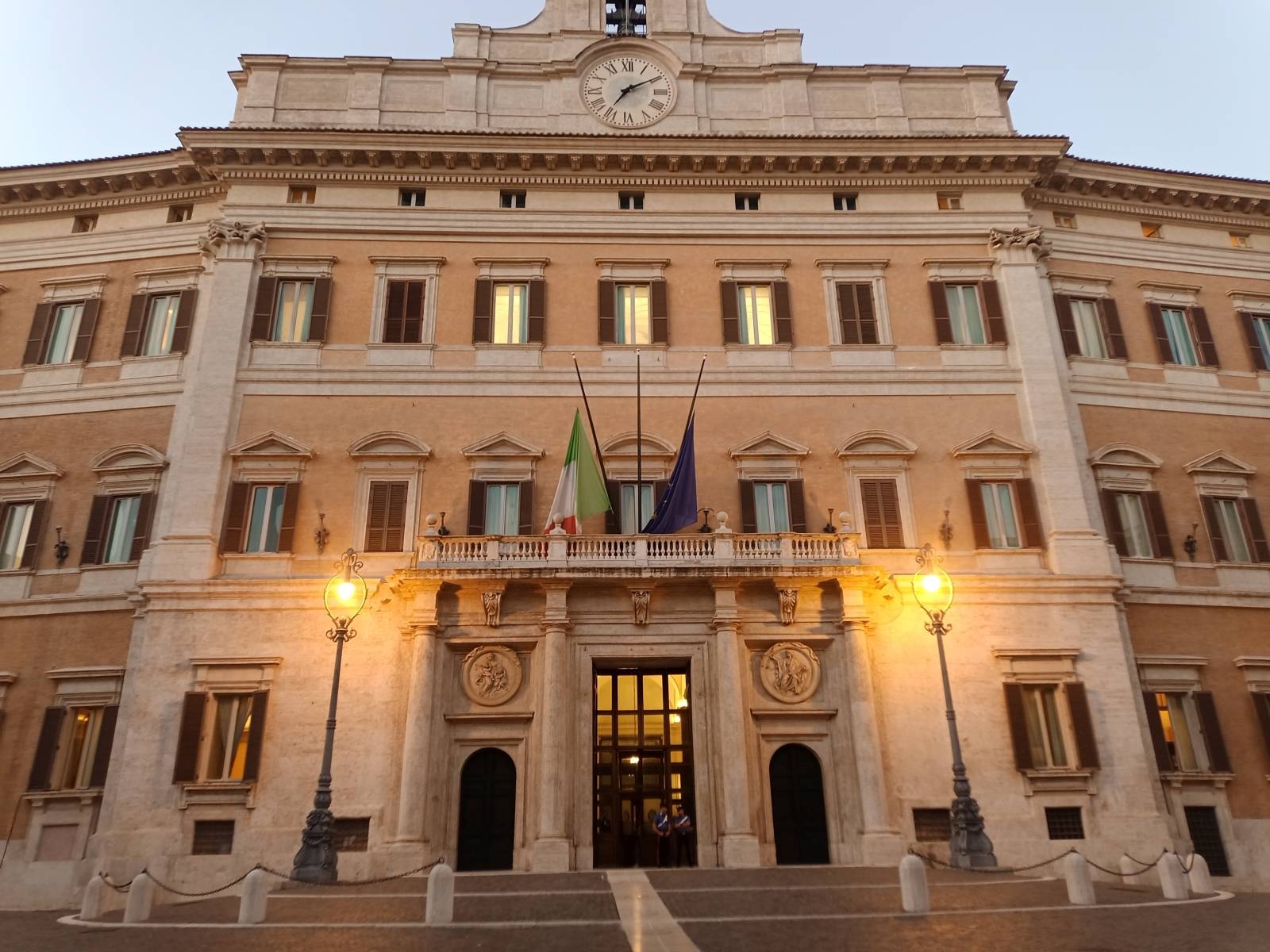The 75th conference of the International Commission for the History of Representative and Parliamentary Institutions took place in Rome and Naples from 25 to 28 September 2023. The first two conference days were organised under the auspices of the Chamber of Deputies of the Italian Parliament in Palazzo Montecitorio in Rome. The historical building was a perfect venue for discussion about the history of parliamentarism. In the first panel called Forms and procedures of representation from the Middle Age to present days and chaired by Estevao de Rezende Martins our team member Judith Pál presented her paper Das wechselnde Bild des ungarischen Parlaments in der Zeit des Dualismus in der Geschichtsschreibung [The changing image of the Hungarian Parliament in the period of dualism in historiography]. Věra Slováková and Daniela Marza gave their presentations A Parliament seat as a means to social mobility? Bohemian deputies at the end of the 19th century and A history of losers: Unraveling the causes of defeat in parliamentary elections in interwar Transylvania. This was a continuation of the previous panel and was chaired by Gerald Kohl. On Tuesday, after the plenary session and ICHRPI Statutory Business Meeting, all participants travelled to Naples, where the second part of the conference took place. The organisers arranged social dinner and provided an excellent opportunity for the historians to make new contacts.
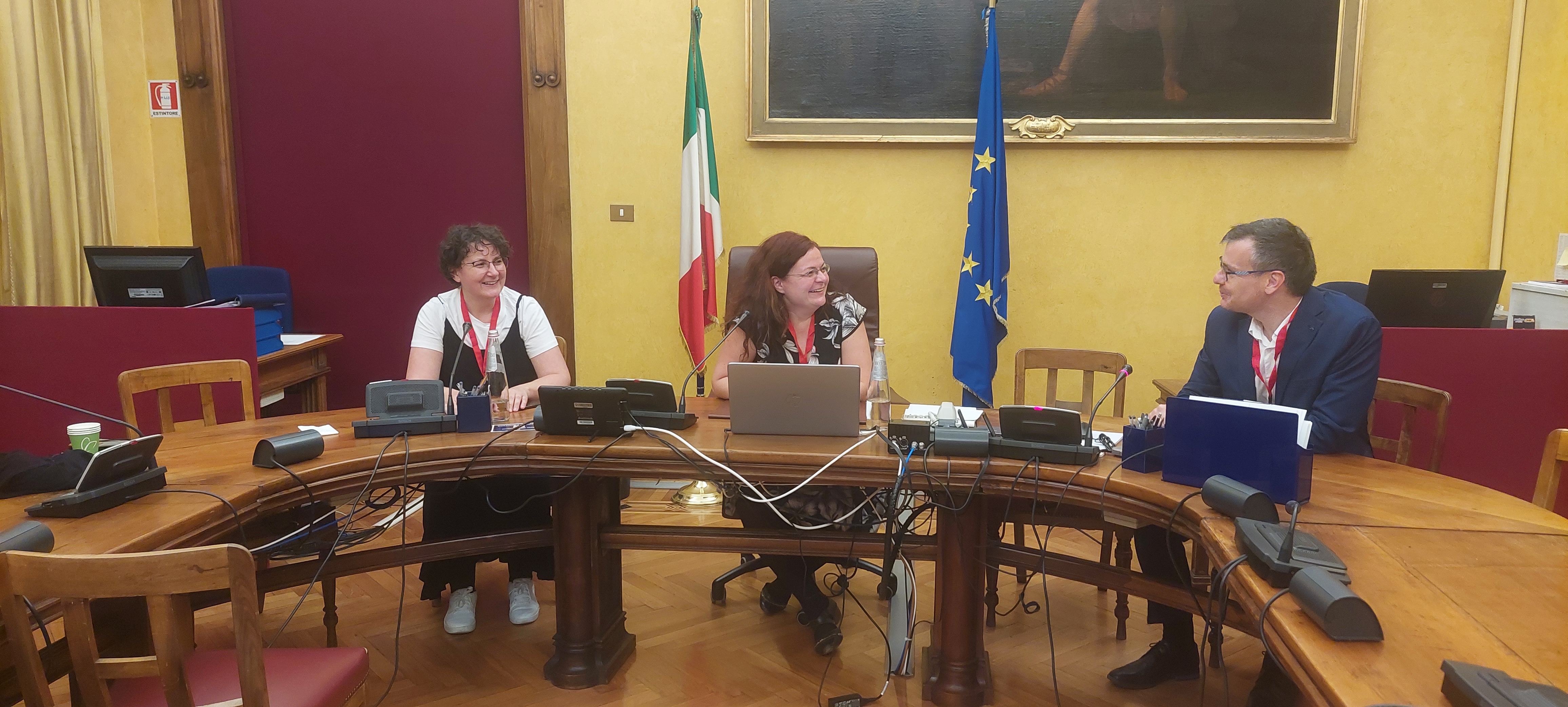
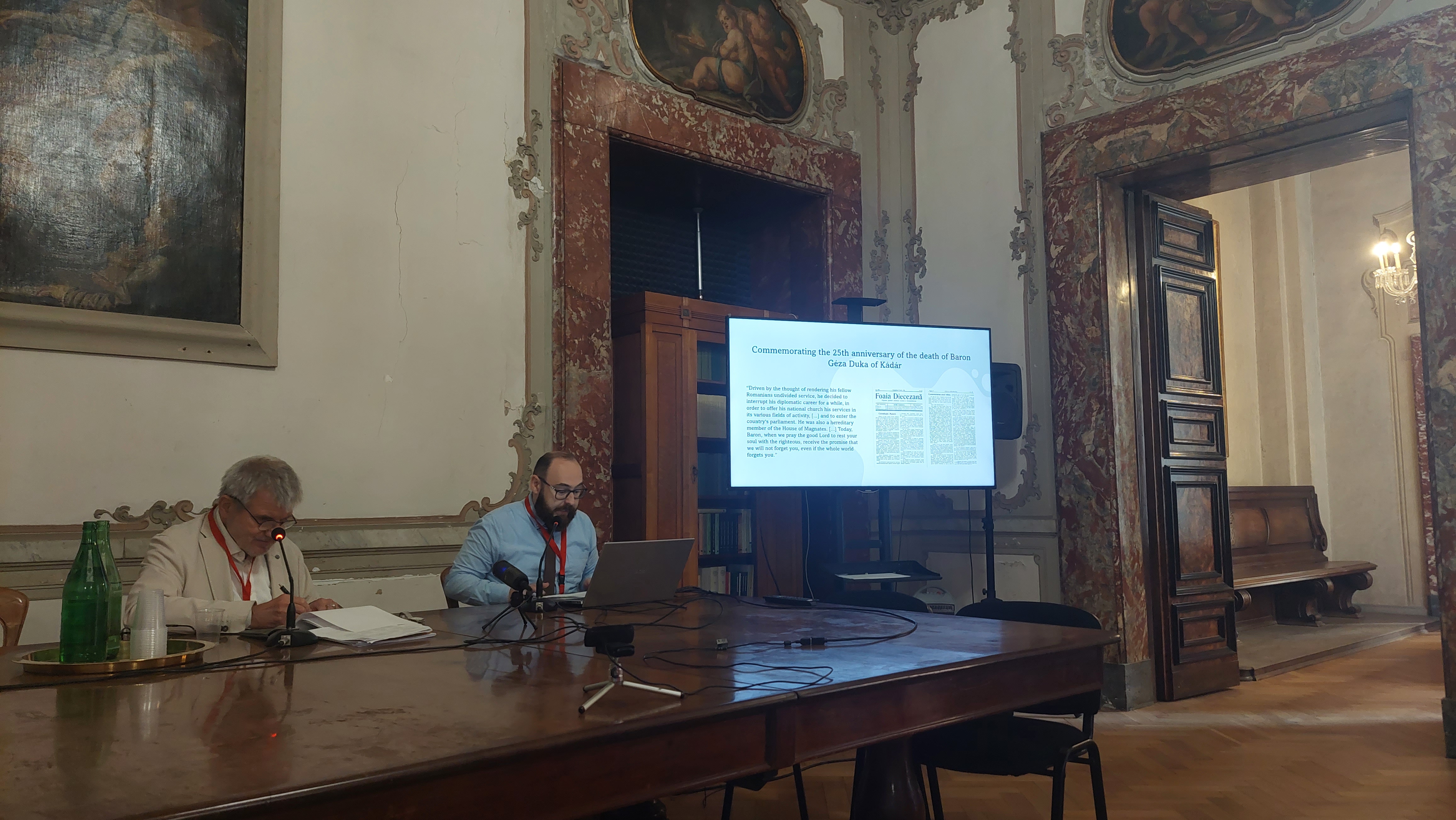
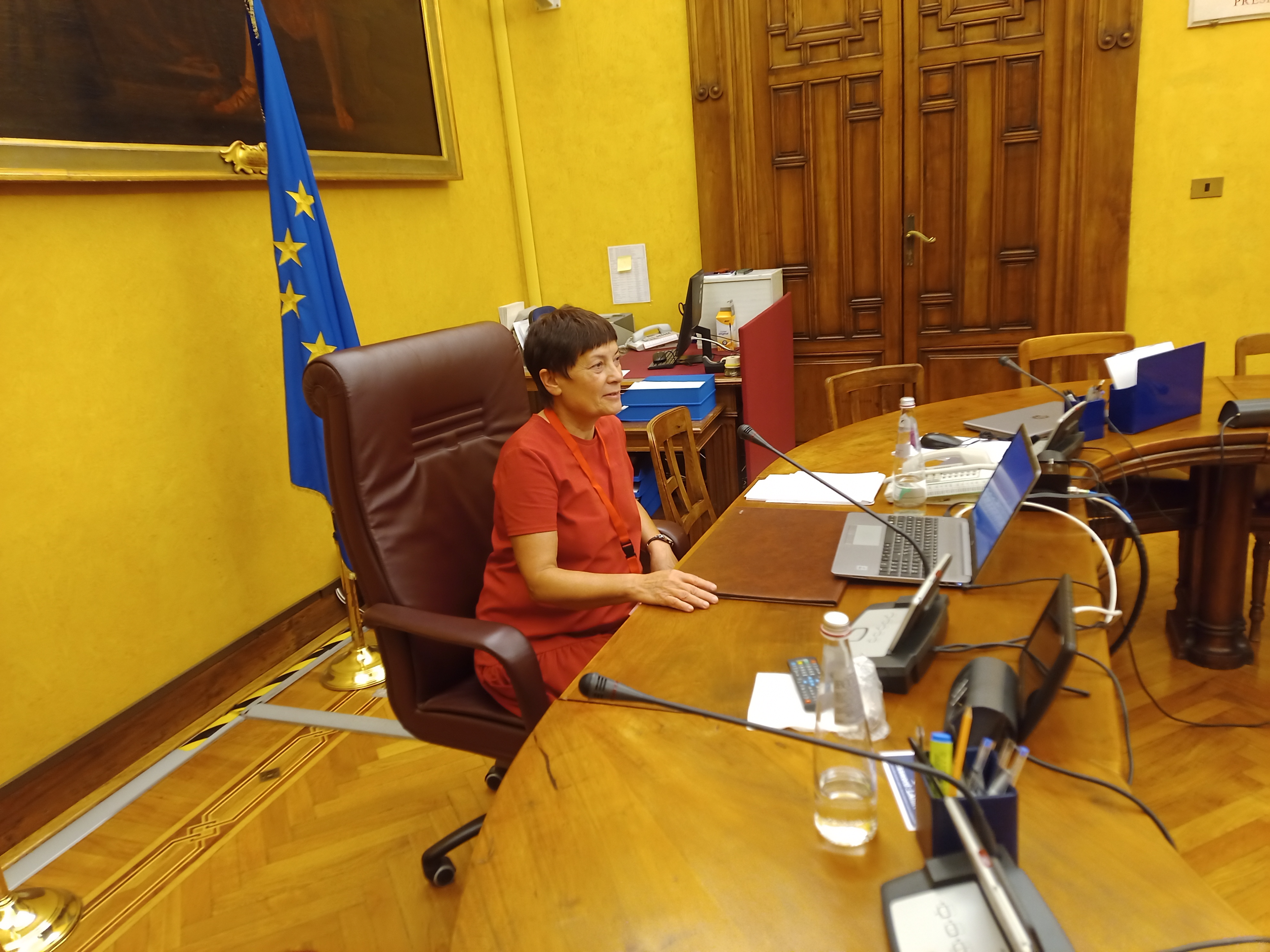
On Thursday other members of our team presented their research at the Italian Institute for Philosophical Studies. In the panel Leaders and actors in parliamentary life, which was chaired by Johannes Helmrath, Luboš Velek delivered the talk entitled Die Entsehung des Phänomens des politischen Führers in Mitteleuropa an der Schwelle von Konstitutionalismus und Parlamentarismus: die Beispiele von Franz Palacky und Franz L. Rieger in den Jahren 1848 und 1861 [The emergence of the phenomenon of the political leader in Central Europe on the threshold of constitutionalism and parliamentarism: The examples of Franz Palacky and Franz L. Rieger in 1848 and 1861], Ovidiu-Emil Iudean the talk An atypical Romanian parliamentary actor: Baron Géza Duka of Kádár and his activity in the Budapest Parliament and Andrei Florin Sora the talk The perfect path? From being a Prefect to election as a member of the Romanian Parliament (1919–1937). In the next session Continuity and discontinuity in the history of representative and parliamentary institutions, which was chaired by Dalibor Cepulo, Martin Klečacký presented his paper called New state, new parliament, new faces? Continuity between Habsburg imperial and crownland representations and the successor state parliament on the example of Czechoslovakia and Alice Velková her paper Continuity and discontinuity of the Czechoslovak Parliament in the 1920s. The discussions which followed each presentation brought inspiring ideas for further research. Besides the scholarly programme, a few excursions were organised as well, namely a tour of the Palazzo Montecitorio, Naples underground and a visit of Basilica of San Lorenzo Maggiore. You can visit the official website of the commission for more detailed information.
